Mechanisms and policies to support dispersed supporting industries are spread across many laws and decrees.
According to National Assembly Deputy Nguyen Duy Minh (Da Nang), supporting industry plays an important role, is the backbone of the economy , developing supporting industry enterprises contributes to accelerating the industrialization and modernization process of the country, and determines Vietnam's capacity to master production and participate in the global value chain.

National Assembly Deputy Nguyen Duy Minh acknowledged that Vietnam has joined a series of new-generation free trade agreements, opening up great opportunities for preferential tax rates but also placing strict requirements on the principles of origin and localization rates. If domestic enterprises still depend on imported components, many products will not meet the requirements of Vietnamese origin, leading to the loss of tax incentives and the risk of being subject to trade defense measures.
“Resolution 68 of the Politburo on private economic development has affirmed that the private economy is the most important driving force of the economy, in which the processing and manufacturing industry is the priority focus. This is a solid political foundation for the economic sector to become the core, together with the FDI sector and State-owned enterprises to form the three pillars of Vietnam's industry,” emphasized National Assembly Deputy Nguyen Duy Minh.
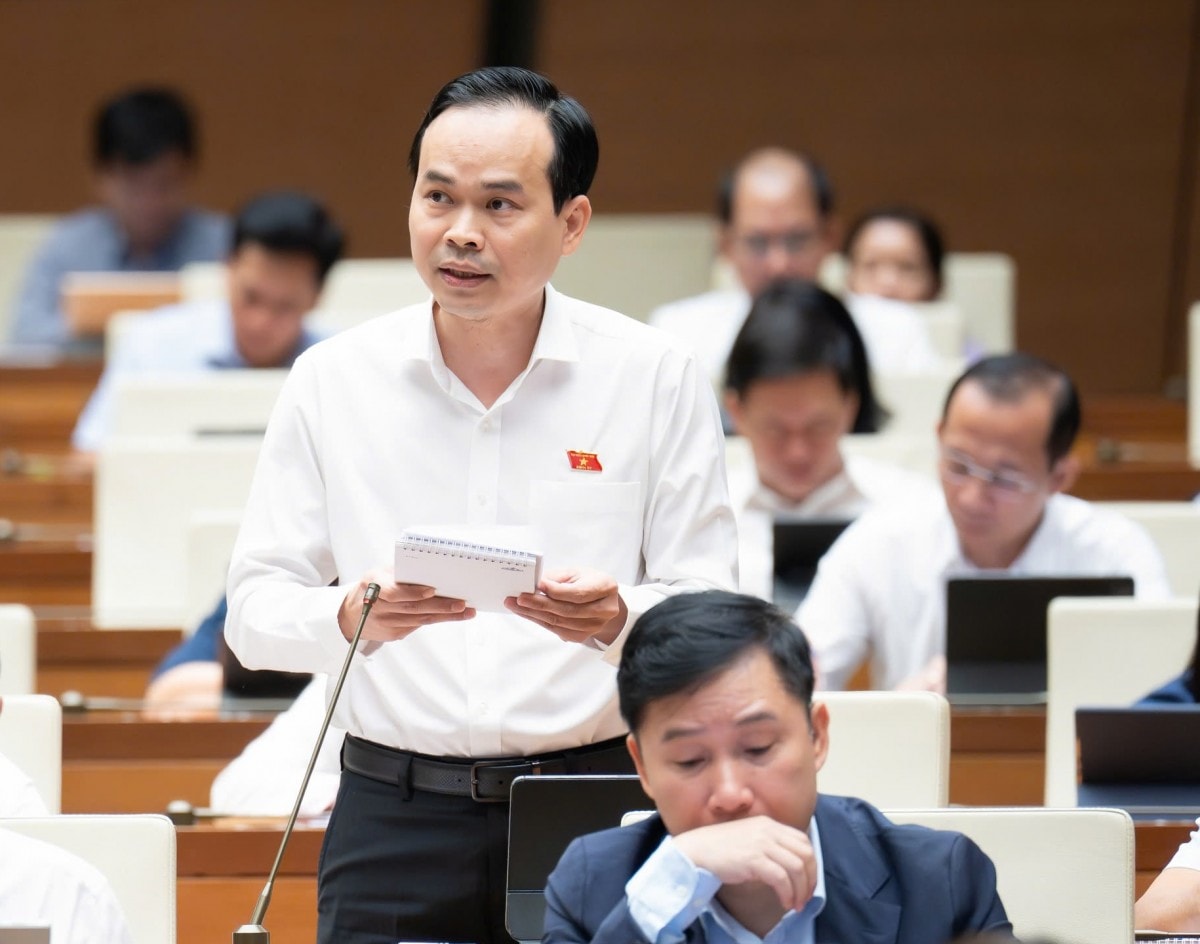
National Assembly Deputy Nguyen Duy Minh added that the Government recently issued Decree 205 amending and supplementing a number of articles of Decree 111 on the development of supporting industries, which clearly states the target that by 2035 the localization rate must reach 50-60%, there must be at least 3,000 supporting industry enterprises with sufficient capacity to supply to FDI enterprises and supporting industries must contribute 10% of the value of manufacturing and processing industry production. In particular, the Decree has expanded the scope to developing the manufacturing and processing ecosystem, considering supporting industries as the pillar of an autonomous and innovative industry.
However, according to National Assembly Deputy Nguyen Duy Minh, the policy mechanisms to support supporting industries are still scattered in many different laws and decrees, not synchronized, and not strong enough to promote development. Therefore, he proposed to soon build a law on supporting industry development to form a unified and stable legal framework.
Along with that, delegates proposed implementing the national industrial support fund in 2026, ensuring preferential loans to enterprises producing components, materials, precision technology... At the same time, it is necessary to shorten procedures, creating conditions for small and medium enterprises to easily access.
Another solution that delegates mentioned is to selectively attract FDI investment associated with commitments to localization and technology transfer. For example, a conditional incentive mechanism for FDI enterprises, if they achieve a minimum localization rate of 30% after 5 years or have an annual localization growth roadmap, will enjoy preferential corporate income tax, priority for land and infrastructure expansion, etc.
Developing supporting industries is not only an economic development problem but also a pillar of national autonomy, national defense, enhancing competitiveness, ensuring economic security and sustainable development. When supporting industries develop strongly, Vietnam will become a place for design, production and distribution. When Vietnamese enterprises are capable of participating in the global value chain, it will be a success of the country's industrialization and modernization, delegate Nguyen Duy Minh emphasized.
Building a "multi-home" connected ecosystem
According to National Assembly Deputy La Thanh Tan (Hai Phong), to promote the localization of supporting industries, there needs to be a link between FDI and domestic enterprises, aiming to require a localization rate for a number of strategic sectors. Specifically, building programs connecting FDI enterprises and domestic enterprises will bring high efficiency, especially in supporting, manufacturing and high-tech industries. At the same time, there needs to be a mechanism to encourage FDI enterprises to transfer technology and train human resources for Vietnamese enterprises. Encourage large enterprises to lead domestic supply chains, develop industry clusters in the fields of supporting industries, agricultural processing, information technology, etc.
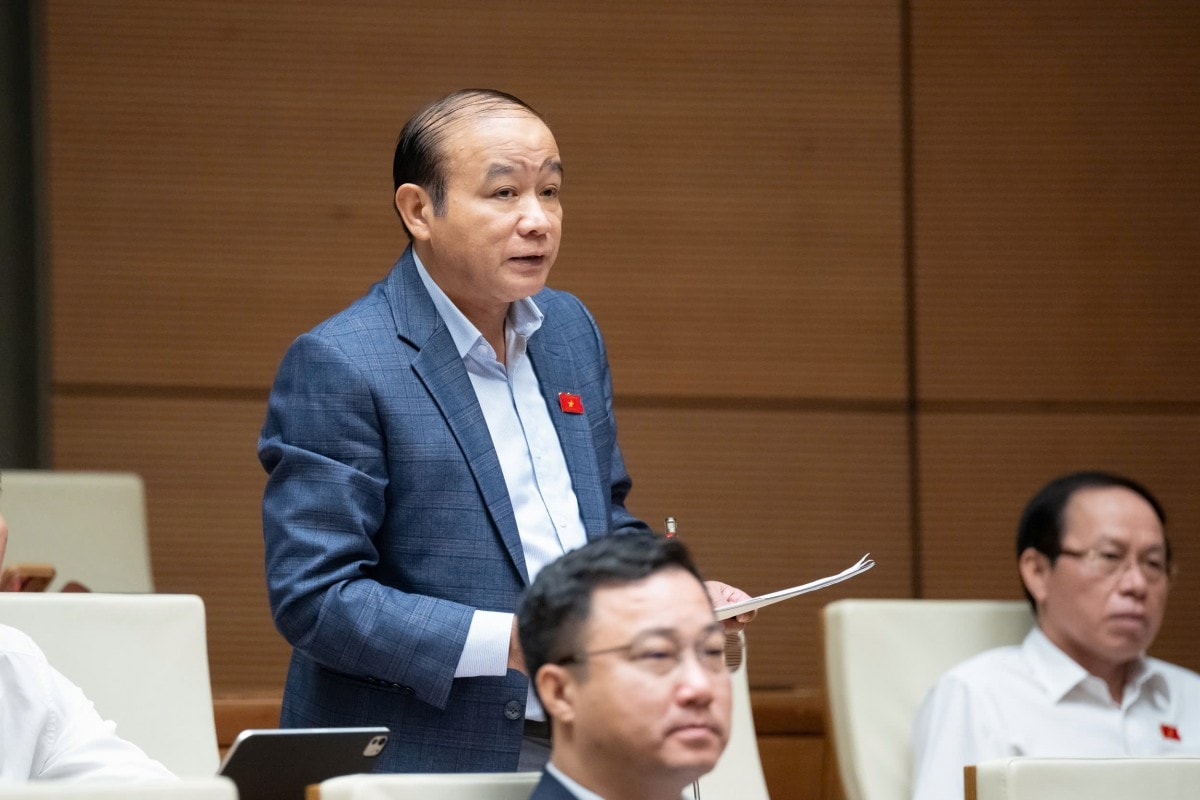
“There needs to be a mechanism to connect State-owned enterprises, FDI enterprises, and the private economic sector, building a "multi-house" ecosystem so that enterprises "do not swim alone but swim in groups", reduce dependence on imports, increase localization, and promote innovation,” National Assembly Deputy La Thanh Tan proposed.
Source: https://daibieunhandan.vn/can-som-xay-dung-luat-phat-trien-cong-nghiep-ho-tro-10393986.html




![[Photo] Comrade Nguyen Duy Ngoc holds the position of Secretary of the Hanoi Party Committee](https://vphoto.vietnam.vn/thumb/1200x675/vietnam/resource/IMAGE/2025/11/04/1762234472658_a1-bnd-5518-8538-jpg.webp)
![[Photo] Ho Chi Minh City Youth Take Action for a Cleaner Environment](https://vphoto.vietnam.vn/thumb/1200x675/vietnam/resource/IMAGE/2025/11/04/1762233574890_550816358-1108586934787014-6430522970717297480-n-1-jpg.webp)
![[Photo] Ca Mau "struggling" to cope with the highest tide of the year, forecast to exceed alert level 3](https://vphoto.vietnam.vn/thumb/1200x675/vietnam/resource/IMAGE/2025/11/04/1762235371445_ndo_br_trieu-cuong-2-6486-jpg.webp)
![[Photo] The road connecting Dong Nai with Ho Chi Minh City is still unfinished after 5 years of construction.](https://vphoto.vietnam.vn/thumb/1200x675/vietnam/resource/IMAGE/2025/11/04/1762241675985_ndo_br_dji-20251104104418-0635-d-resize-1295-jpg.webp)
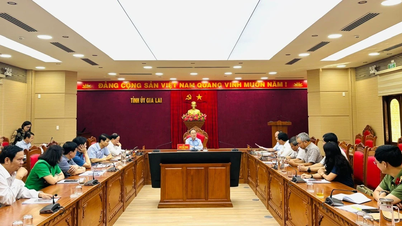



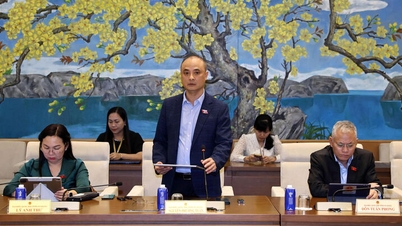

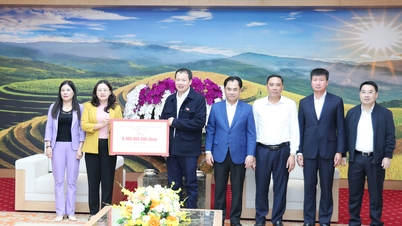



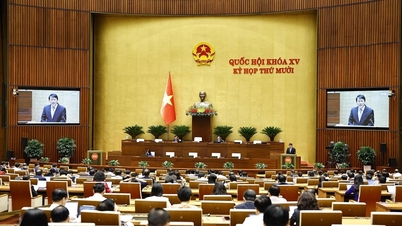
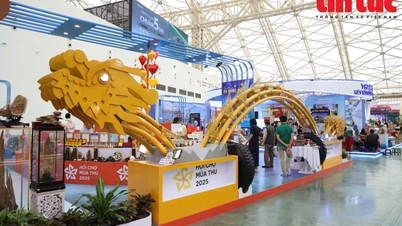
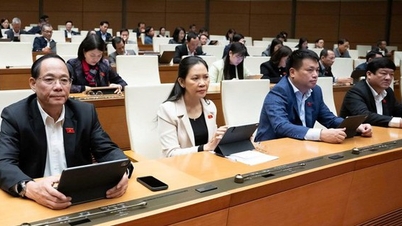

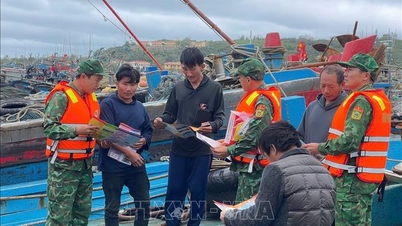
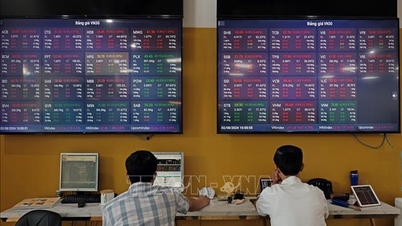
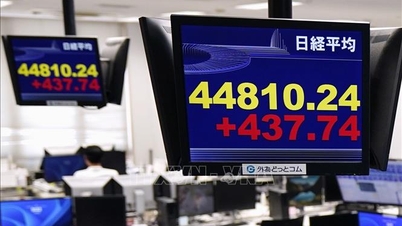







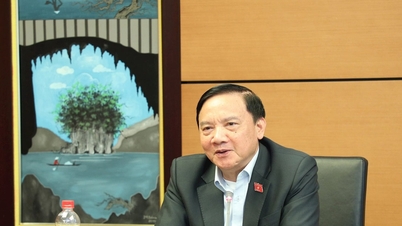
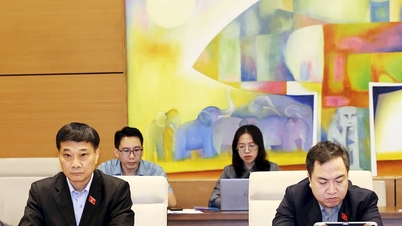
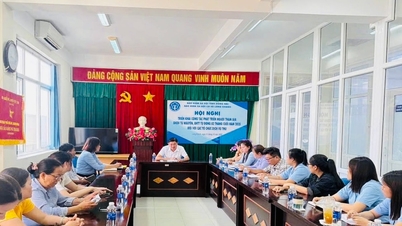
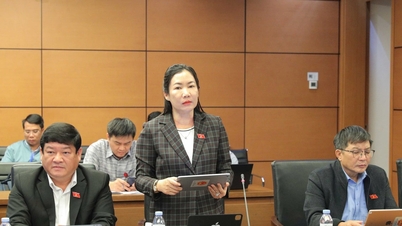





















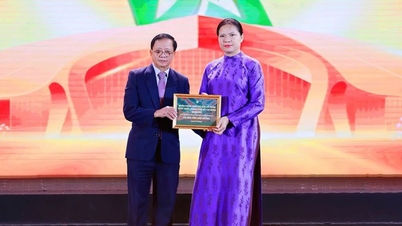






















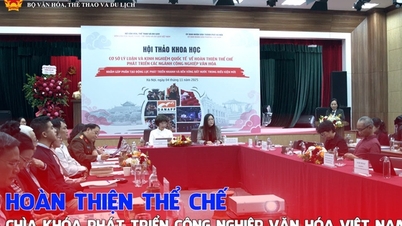


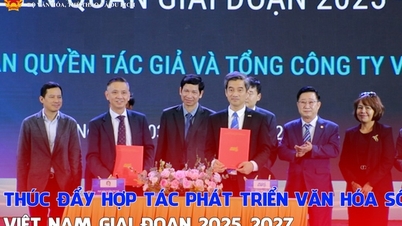
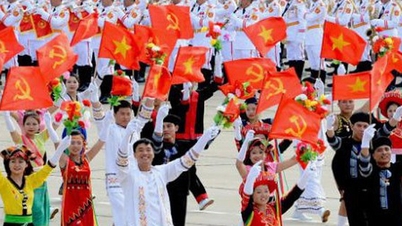
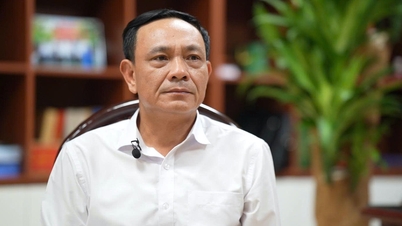
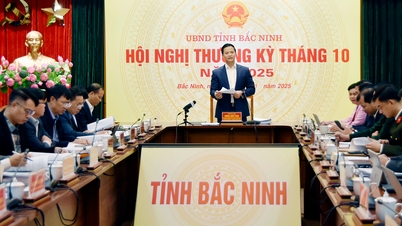

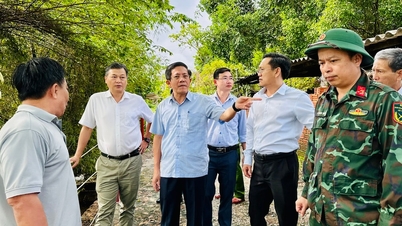























Comment (0)